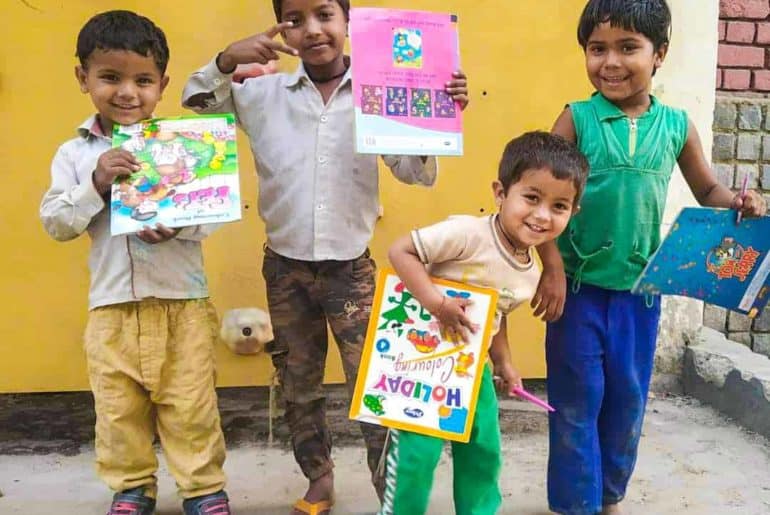In her last editorial of her tenure, our Print Editor talks about the socio-political and cultural connotations of expecting productivity in the midst of a Pandemic.
The University of Delhi (DU) is a revered dream for many, with its soaring cut- offs at the top ten colleges, promises of placements (mostly for commerce- based courses), and the affordability of its fee structure which allows undergraduate students to get a degree for as low as INR 50,000. Owing to the hullabaloo and cry over privatisation, one cannot say whether the last factor will sustain much further or not, but for now it is safe to estimate that this University is not home to selectively privileged youngsters.
Therefore, in unprecedented times like these with the Covid-19 Pandemic, DU’s 12th March Press Release, which insists upon maintaining the “continuity of the online teaching-learning process” is premised upon a sweeping generalization of social, economic, cultural, and political privilege.
With over 75 colleges, having an approximate total strength of nearly 1.5 lakh regular students, it is the infrastructure and physical access to the resources (libraries, notes, Internet, classes) available in respective DU colleges that is integral to the teaching-learning process for many students. The national lockdown due to the Pandemic has confined students, like all others, and many students have had to return to their respective homes.
The foundation of the belief that it is possible to continue an education process in the illusion of normalcy is the myth that the accessibility to resources is fair-play for all. Take for instance, the Kashmiri students in the University who have difficulty downloading byte-sized PDFs due to the restricted Internet access, and one would understand that video lectures on Zoom, Hangouts, and reading on JSTOR are synonymous with a utopian fancy in many students’ homes.
This is not to say that professors and peers in colleges are entirely ignorant of the aforementioned limitations, but there is significant pressure upon students nonetheless to go about internal assessments and coursework, as if it is an extended vacation.
To be fretting over grades and submission deadlines is not a privilege available to many whose mental health gets threatened in abusive or patriarchal households. Especially for women in India, many of whom choose DU because of its affordability and residential facilities that are liberating as compared to conservative, controlling families, being forced to stay in an inevitable lockdown can be a severe trigger for anxiety and, in some cases, trauma as well. There are urban and rural households alike which put a gendered burden of housework and chores like cooking, cleaning, laundry, etc. upon the women in the family – a factor that is not only troubling in terms of its sexist and patriarchal strain, but also because it practically limits how much time women can devote to an education they fought to attain in DU.
In times like these when Instagram influencers and many others have taken the approach of selling the ideals of ‘productivity, evolution of self, finding yourself’ among other things, it is integral for teachers and administrators of an educational institution like DU to realise the exploitative and harmful burden an undeveloped, inaccessible system of ‘online teaching-learning’ puts on young minds. This needs to be considered before generalising and declaring that students can afford to be studying more, finishing course work properly, and working hard, from the apparent comfort of their homes.
In this last editorial for this paper, I thus urge the students, teachers, and administrators of this vividly diverse University to acknowledge unequal privileges, and be kinder.
Anushree Joshi



